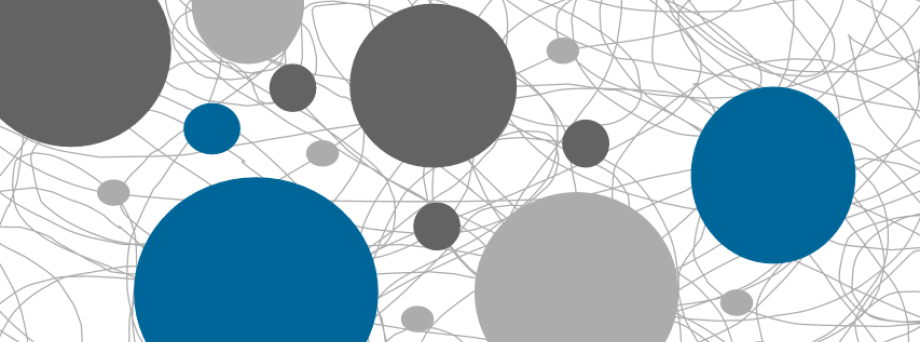
Research
My research interests focus on the links between the micro and the meso level and include comparisons of organizations, institutions and differences between national contexts.
I prefer to connect my research to digitalization. I am convinced that digitalization opens new, additional ways for will formation and decision-making processes; however, traditional forms have not been fully replaced and, therefore, have to be taken into consideration.
By systematic comparisons of different cases within the OECD-world, I hope to contribute to the state of the art.
Political Organizations and Institutions
My research mainly concerns political parties as well as civil society organizations. Both structure society and promote participation. Especially when it comes to creating linkage and strengthening a democratic political culture, these actors are indispensable.
With a focus on parties, I suggest a Five-Pillar-Model of Parties Migration into the Digital. Following this model, I work on different bricks and pillars and find out more about parties' coping with challenges and possibilities.
I am a founding member of the Digital Parties Research Network, where colleagues from all over Europe collaborate. Please visit the Network's website for more information.
Political Communication and Social Media
Social media have undoubtedly been a game changer in communication. Especially, political actors have gained power, because they can communicate with the public without the filtering influence of media agencies.
This also has a potential effect on the competition between small and large political actors such as parties and CSOs.
Participation, Attitues, Behavior, and Public Opinion
I am also very interested in how digitalization changes party identity and affiliation. I am working on a grant proposal to shed light on this field of research. This project will employ a mix of different methods to understand concepts of the political self of citizens in the digital age.
In this context, I conducted fieldwork in 2023 in Germany and in 2024 in Germany and 5 other European countries. The findings will be presented at the 2024 CES in Lyon and the 2024 DVPW Congress in Göttingen.
I have been accompanied by election research since my studies in Würzburg. I was involved in the Würzburg-Barometer, a mixed-mode survey that targeted the population of Würzburg in terms of their voting behavior and their attitudes towards different topics such as social and institutional trust and religious belief. Later, this study branched out into the Bayernbarometer with a focus on Bavaria's population. I was part of a team of four students and one academic supervisor that coordinated the survey. Ever since, I have had a strong interest in survey methodology.
